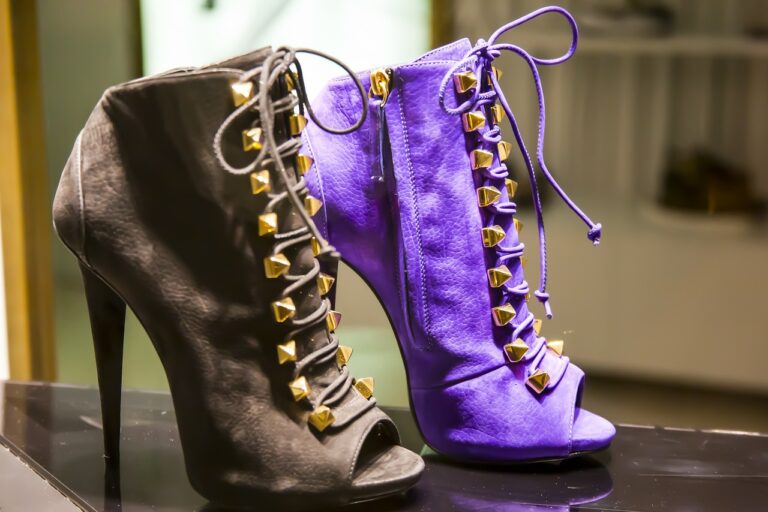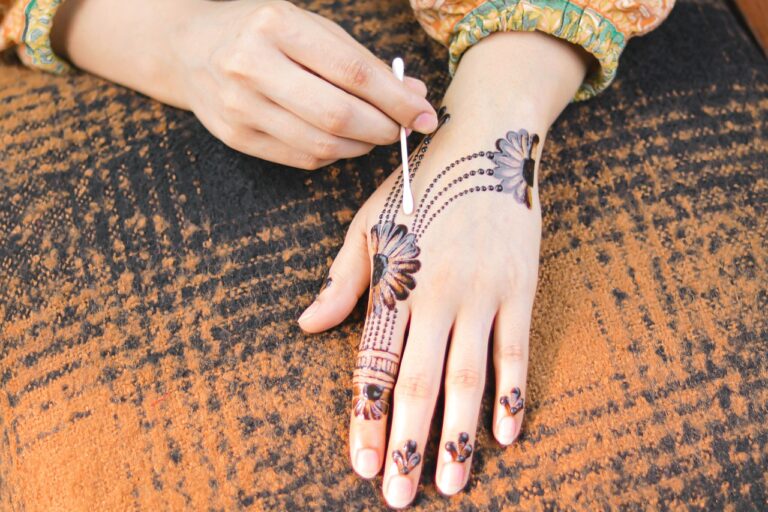Fashion and Ethical Manufacturing: Fair Labor Practices in Garment Production
Ethical manufacturing in the fashion industry is vital for promoting fair and safe working conditions for garment workers. By prioritizing ethical practices, fashion brands can ensure that employees are treated with dignity and respect, leading to a more sustainable and humane industry. Additionally, ethical manufacturing plays a crucial role in reducing environmental harm by promoting sustainable production processes and responsible sourcing of materials.
Consumers are increasingly seeking transparency and accountability from fashion brands, making ethical manufacturing a key factor in purchasing decisions. Brands that embrace ethical practices not only foster a positive brand image but also contribute to the overall well-being of workers and the environment. Ultimately, the importance of ethical manufacturing extends beyond profit margins, emphasizing the social and environmental impact of the fashion industry.
• Ethical manufacturing in the fashion industry promotes fair and safe working conditions for garment workers
• Prioritizing ethical practices ensures that employees are treated with dignity and respect
• Ethical manufacturing leads to a more sustainable and humane industry
• It plays a crucial role in reducing environmental harm by promoting sustainable production processes
and responsible sourcing of materials
Consumers are increasingly seeking transparency and accountability from fashion brands, making ethical manufacturing a key factor in purchasing decisions. Brands that embrace ethical practices not only foster a positive brand image but also contribute to the overall well-being of workers and the environment. Ultimately, the importance of ethical manufacturing extends beyond profit margins, emphasizing the social and environmental impact of the fashion industry.
Understanding Fair Labor Practices in Garment Production
Fair labor practices in garment production are essential to ensure the well-being and rights of workers in the fashion industry. These practices encompass fair wages, reasonable working hours, and safe working conditions for all individuals involved in the production process. By adhering to fair labor practices, companies can uphold ethical standards and foster a more sustainable and responsible industry.
Implementing fair labor practices requires a commitment from fashion brands to prioritize the rights and welfare of their workers over maximizing profits. Transparency in the production process is crucial to guaranteeing that workers are treated ethically and that their dignity and rights are respected. Brands that prioritize fair labor practices not only contribute to a more equitable industry but also build trust with consumers who increasingly value ethical and sustainable practices.
Impact of Unethical Manufacturing on Workers
Unethical manufacturing practices in the fashion industry have detrimental effects on workers worldwide. From unsafe working conditions to long hours with minimal pay, these workers often face exploitation and abuse in the pursuit of cheap clothing production. Lacking adequate labor protections, they are vulnerable to various forms of mistreatment that compromise their well-being and dignity.
Furthermore, the pressure to meet unrealistic production deadlines and cost-cutting measures imposed by unethical manufacturers can result in physical and mental health issues for workers. The relentless demand for high output at low costs often leads to excessive overtime, minimal breaks, and little regard for worker safety. As a result, many workers suffer from exhaustion, stress, injuries, and other health-related consequences that impact their overall quality of life.
What is ethical manufacturing?
Ethical manufacturing refers to the production of goods in a way that respects the rights and well-being of workers, as well as the environment.
Why is ethical manufacturing important in the fashion industry?
Ethical manufacturing is important in the fashion industry because it ensures that workers are treated fairly and work in safe conditions. It also helps to reduce environmental impact and promote sustainability.
What are fair labor practices in garment production?
Fair labor practices in garment production include providing fair wages, safe working conditions, reasonable working hours, and respecting workers’ rights to organize and collectively bargain.
How does unethical manufacturing impact workers?
Unethical manufacturing can have a negative impact on workers by subjecting them to exploitative working conditions, low wages, long hours, and unsafe environments. It can also lead to issues such as child labor and forced labor.
What can consumers do to support ethical manufacturing?
Consumers can support ethical manufacturing by choosing to purchase from brands that have transparent supply chains and prioritize fair labor practices. They can also educate themselves on ethical fashion and advocate for change within the industry.







